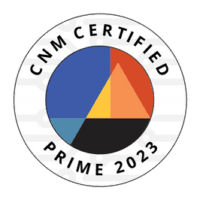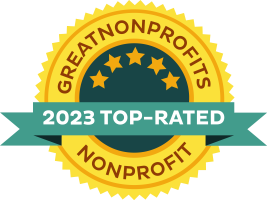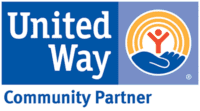
I’ve dreamed of going to Italy for ages. I’ve looked at pictures of famous attractions and locations, thought about how the food would taste, imagined the smells and pictured myself walking up and down cobbled roads. Needless to say, it’s on the top of my “must go places” list. I don’t speak Italian, so I like to think about how much richer a trip to Italy would be if I took a tour guide that could interpret for me. They could describe and label everything that I’m seeing and experiencing and help me communicate with locals for a true Italian experience. Now that would be a meaningful trip!
What if we put this into the context of language development for infants and toddlers?

How much would it benefit our children if their parents and caregivers took on the role as the “tour guide to the world?” In this role, the parent or caregiver is describing and labeling everything the child is doing, seeing or feeling as they are experiencing it. This is called Parallel Talk. Then, the parent and caregiver can take this role to another level of language comprehension by labeling everything they themselves are doing as they are doing it. This is called Self Talk.
Some caregivers and parents have balked at the idea, saying talking to an infant or nonverbal toddler feels “weird” because they don’t answer back. I must admit, when I first started this practice as a classroom coach, it felt uncomfortable to me as well (especially the Self Talk). But over the years as I have seen teachers and parents use Self and Parallel talk regularly with their infants and toddlers, I have seen an increase in language comprehension and verbalizations by the children.
Many studies have tied the success of a child in Kindergarten to the amount of vocabulary the child uses and comprehends. So, I ask you, what is more important? To feel a little weird or uncomfortable at first, or to increase a child’s chance of success in Kindergarten and beyond?
I implore you to take on the role of the “Tour Guide to the World” for the infants and toddlers in your life. You will make a lasting difference that will support the child’s vocabulary and language comprehension skills leading to better school readiness skills later in life.







